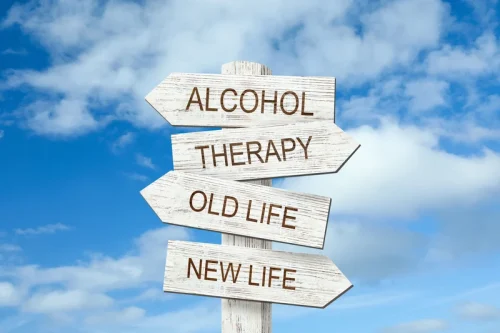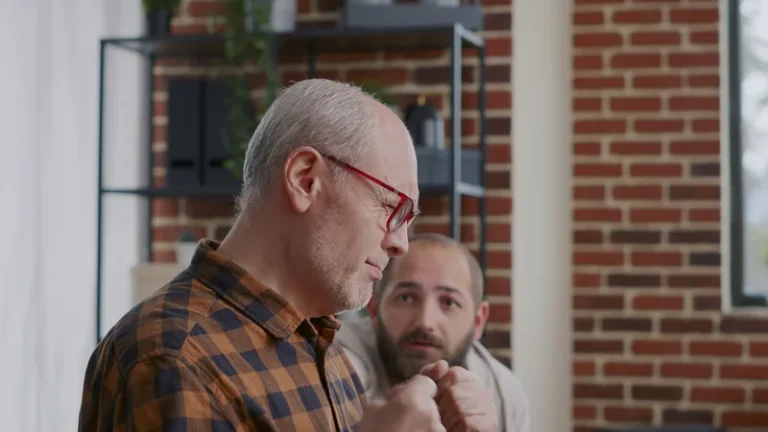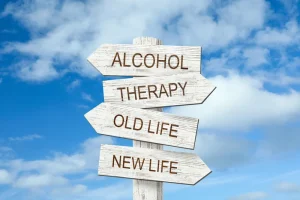
The wine is produced using traditional methods, aged in oak barrels and fermented, after which alcohol is removed. Dealcoholization after the production process ensures bold flavors and complexity without the alcohol. Drinking during pregnancy can cause your baby to develop a serious life-long condition called fetal alcohol spectrum disorder (FASD). A 2010 paper from the Canadian Journal of Clinical Pharmacology looking at 45 drinks with “no or low alcohol” found that many did have more alcohol than labeled. Almost 30% contained more alcohol than mentioned on the labels and six had more than 1% of alcohol. While this might sound like a low amount of alcohol, doctors urge pregnant people to skip drinks with even tiny amounts of alcohol.
Complete Reviews of the Best Pregnancy Wines
Unlike Prosecco, Secco is a German semi-sparkling wine with production criteria that is not as strict. Our favorite part about this drink is its intense fruity aromas and less sweet taste. This non-alcoholic red wine for pregnancy is derived from Tempranillo grapes from the lush Spanish vineyards of La Mancha. Noughty is one of the first premium organic, Halal sparkling wines released by Amanda Thomson, the CEO of Thomson & Scott. This product is rooted in her lifelong commitment to a plant-based, sugar-free diet and is known for having a delicious and pure taste. We are amazed by how inclusive this non-alcoholic wine is because it’s vegan, Halal, low-calorie, and low-sugar.

Best Award-Winning: Joyus Non-Alcoholic Sparkling Rosé
- When it comes to your baby’s health, though, it’s always better to be safe than sorry.
- However, this doesn’t mean you should necessarily avoid non-alcoholic beer when you’re pregnant.
- This means that they may also protect against cancer, inflammation, and neurodegenerative and cardiovascular diseases.
- We do not recommend you run that risk and continue drinking beer or wine, but if you sipped beer before you knew you were pregnant, you shouldn’t have anything to worry about.
- We will not serve or distribute to any individuals under the age of 18.
Labels such as “non-alcoholic” alcohol during pregnancy are still ambiguous, so staying away from these kinds of beverages is the best option for pregnant women. According to the CDC, it’s safest to avoid alcohol consumption altogether during pregnancy. Non-alcoholic wine is generally considered safe while you’re pregnant.
Best Non-Alcoholic Pregnancy White Wines
This information is for you if you are pregnant or are planning to have a baby. It may also be helpful if you are a partner, relative or friend of someone who is pregnant or planning a pregnancy. Luckily, there are other options when you’re looking for other booze-free beverages which are actually free of alcohol.
Cheers! Unraveling Prague’s Historic Breweries and the Tradition of Czech Beer
Recent figures show value sales of low/no alcohol beer grew £5.9m (20.5%) to £34.7m over 12 months, the highest growth in 5 years (Nielsen to July 2017). I’m looking to continue the charge with my brother Tom at my new company, Infinite Session. Findings suggest that pregnancy plays a critical, and likely causal, motivational role in reducing AUD risk among women and, to a lesser extent, their partners. These results extend the understanding of the relationship between pregnancy and alcohol use, demonstrating that even severe outcomes such as AUD are subject to the protective effects of pregnancy.
Safety of Non-Alcoholic Wine
- Our second pick for white wines during pregnancy, this non-alcoholic Chardonnay is fruit forward with balanced freshness.
- Drinking alcohol while pregnant can cause fetal alcohol spectrum disorders.
- Similarly, women who became pregnant prior to age 25 exhibited a more pronounced reduction in AUD risk than those who became pregnant at a later age.
This is because alcohol consumption during pregnancy has been linked to various risks, including behavioral and learning difficulties, birth defects, and fetal alcohol spectrum disorder.) (FASD). We first compared pregnant women to matched controls, and accounting for covariates, found that the odds of an AUD registration were reduced by 74% among pregnant women. While the unique nature of pregnancy precludes comparison to other circumstances in which changes to drinking are expected (e.g., contingency management programs), these reductions are objectively substantial.

Some non-alcoholic wines still contain alcohol, despite their label of 0% alcohol. Because of this, it is better to avoid these products during pregnancy. There’s one study that suggests moderate alcohol consumption during pregnancy may lead to behavior problems in the child. Having a glass of wine or any type of alcohol during pregnancy is a decision you will have to make after weighing the benefits and risks that are detailed in this guide. Still, some women enjoy a glass of wine from time to time while they’re pregnant, whether they know they’re pregnant or not.
The second method of removing alcohol is through filtration or reverse osmosis. With filtration, winemakers use extremely high pressure to force the wine against a membrane so fine only water and alcohol can seep through it. Water is then added back into the concentrate to create non-alcoholic wine. “We remain concerned about the routine questioning of women throughout pregnancy on this issue,” she said. At your antenatal appointment, your midwife will ask you about your medical history and your lifestyle. If you’re worried about cutting out alcohol, talk to your midwife, who will be able to offer advice and support.


Although the chances are surprisingly low, any one drink could cause a life-changing abnormality in the infant. It’s also important to remember it’s almost impossible to avoid any alcohol at all in pregnancy because many everyday foods and drinks contain alcohol in small amounts without any warning on the labelling. The research defined light drinking as two units of alcohol up to twice a week – two units is the equivalent of around seven pints of 0.5% beer or 70 pints of 0.05% beer.
Regardless of the method, the goal is to remove as much alcohol as technologically possible to reach legal non-alcoholic levels. In many countries, like the United States, this would be below 0.5% alcohol by volume (ABV). The goal is to create a non-alcoholic beer that retains the taste and characteristics of traditional beer. Of course, while also complying with regulatory standards for non-alcoholic beverages. Drinking alcoholic beverages while pregnant may affect your baby by leading to FASD, the most severe of which is FAS. According to the available research, FASDs typically result from heavy drinking or binge drinking.
Deixe um comentário